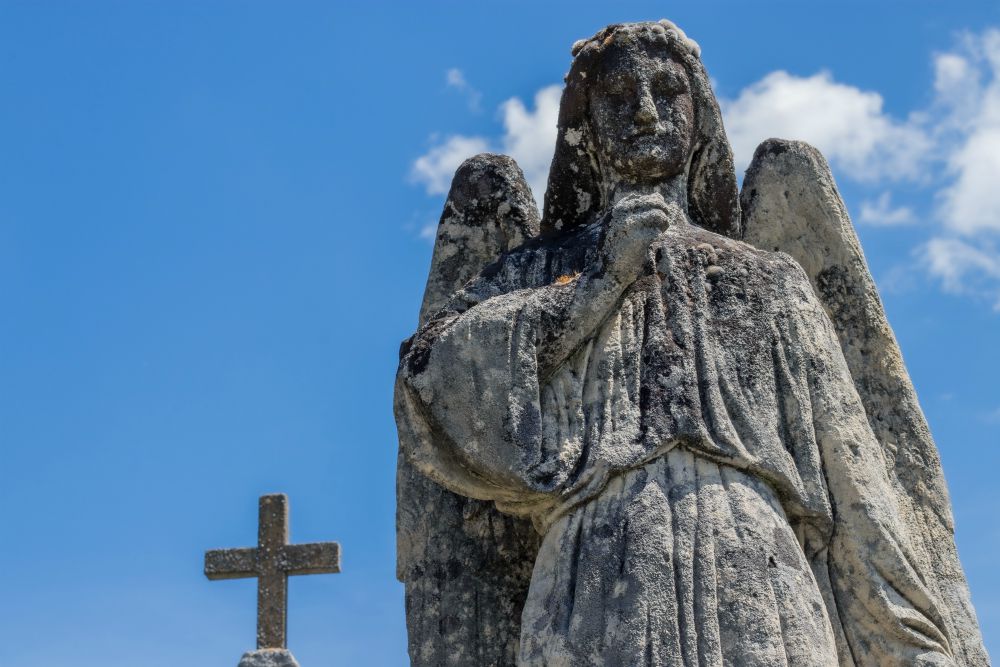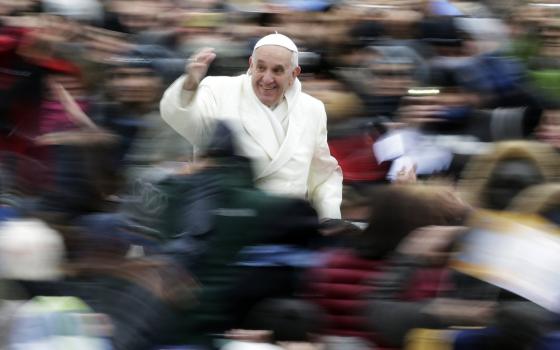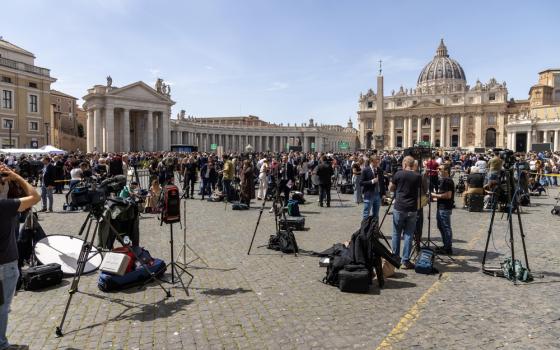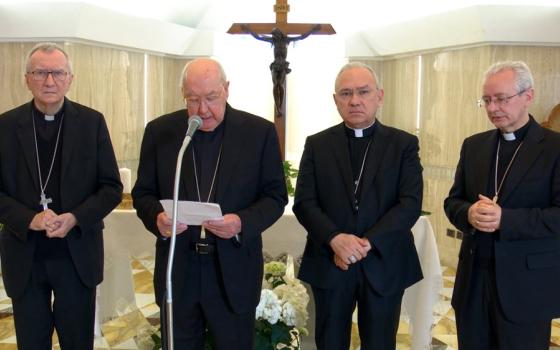
(Unsplash/DDP)
Writing about stories that are encased in human tragedy is always a delicate business. And, few recent stories are more filled with human tragedy and sadness than the story of Robert Fuller, who took his life in Seattle with medical assistance, which is legal in Washington state.
The original Associated Press story catalogued some of the history of tragedy that had stalked Fuller since a young age: Witnessing his depressed grandmother drown herself in the Merrimack River, his own attempt at suicide as his marriage fell apart because he was gay, his work with AIDS patients and his own contraction of the disease, and then, finally, his bout with cancer. Fuller's joie de vivre was also catalogued. It mixed uneasily with the sadnesses recorded, and even more uneasily with the fatalism about death that emerged from his long life.
There is a side of all of us that wishes we could give the finger to death. We all learned Dylan Thomas' "Do not go gentle into that good night" in high school, and those who didn't will remember the fictional President Thomas Whitmore's paraphrase of it in the 1996 movie "Independence Day." Fuller's friends in the story clearly admired his "tenacity and clarity," as one of his friends put it.
But death comes for us all, so that side of us that wishes to defy it is either delusional or childish. "Remember, O man, that thou art dust and unto dust thou shalt return." Those words of Ash Wednesday do not only speak a divine truth, they speak a human truth. We do not have to fear death to recognize its inescapability. The desire to control its time and manner is, in the strictest sense of the word, unnatural.
The advocates of medically assisted suicide tell us they wish to allow people to die with dignity, but the scene described in the article struck me as macabre. A colleague said it sounded like an account of an execution: the syringe, the witnesses, the injection, the loss of consciousness and, finally, the stoppage of breath. A further sadness: the normalization of suicide is concerning, as one of the people quoted in the article said, "at the very time during which, practically out of the other side of our mouth, we are saying suicide is an epidemic."
Advertisement
I do not see how we can, as a society, ignore the mixed signals assisted suicide sends. Our friends in the disability community oppose these suicide laws because they know they have been targeted before as "useless" and do not want to see anyone else so targeted. We know, too, that a person who has received a terminal diagnosis is likely going to be depressed to begin with, and so they might be seeking to clutch at anything that seems sturdy and final. Fuller himself was diagnosed with AIDS when that was taken as a terminal illness, but he lived long enough that treatment became available. And the procedure puts doctors and nurses in an impossible situation: Their job is to heal, not to kill, and I fail to see how muddying what should be a clear line is conducive to doctor-patient trust.
The archbishops of Seattle issued a statement in part because Fuller had received a blessing at his church before his suicide, although the pastor apparently did not know Fuller's intentions. It was a study in compassionate pastoral care. "Our hearts go out to the family and friends of Robert Fuller and to all those who suffer chronic and or terminal illness," the statement began. "As Catholics, we always strive to be present to those who suffer and to those who are facing death. We have and will continue to accompany them, by providing compassionate care and spiritual counsel. The pastoral, healing, and consolation ministries of the church always take place in the light of faith and hope in the resurrection."
It is difficult after reading such an emotional story to draw distinctions and interject a policy perspective, but it is our job as a society to decide if assisted suicide should be normalized. If people think this is the only way to achieve death with dignity, they have only to visit a nearby hospice to see what death with dignity really looks like. Perhaps proponents all come from healthy families, but I suspect in some families, pressure would be brought to bear on an elderly parent to take their life rather than spend money on expensive medical care even if that is what the parent wanted to do. Can anyone assure me that in a country where millions applaud our racist president's dehumanizing attacks on migrants it is impossible to imagine voters approving a policy that permitted Medicaid to pay for suicide but not for palliative care?
I can hear the objection: Michael Sean, you are making a slippery-slope argument. To a degree, that is true but, then again, sometimes the slope is slippery.
We should not condemn Fuller or his friends. An article from our friends at the Catholic News Agency examined Facebook posts in which Fuller indicated his priest had given him his blessing. I hope the priest blessed Fuller and not his intention and would not be surprised if Fuller blurred the distinction to salve his own conscience. So, too, his friends. It is not easy to choose between accompanying a friend on a path, even if you believe that path is sinful, or letting him walk it alone. As a friend said to me yesterday, the reflexive tendency to interpret a situation in the worst possible light so as to add a few pages to your forthcoming book on the decline of Christian civilization, to condemn the actors, to pretend that the choices are all straightforward and easy, none of this is very persuasive as a form of witness to the Risen Lord. We can be sympathetic and at the same time voice our profound concern about medically assisted suicide.
Our society has grown coarse in so many ways. The devaluation of life — in the womb, at the border, in prisons — is all around us. Our impulse to control has devastated our environment. God forbid I might find myself staring at a grim, terminal prognosis someday. But if I do, and if in my depression I contemplate assisted suicide, I hope someone who loves me will say, "No, it's wrong." And I hope, too, that our society will come to its moral senses and end this dangerous approach to human life.
[Michael Sean Winters covers the nexus of religion and politics for NCR.]
Editor's note: Don't miss out on Michael Sean Winters' latest. Sign up and we'll let you know when we publish new Distinctly Catholic columns.







